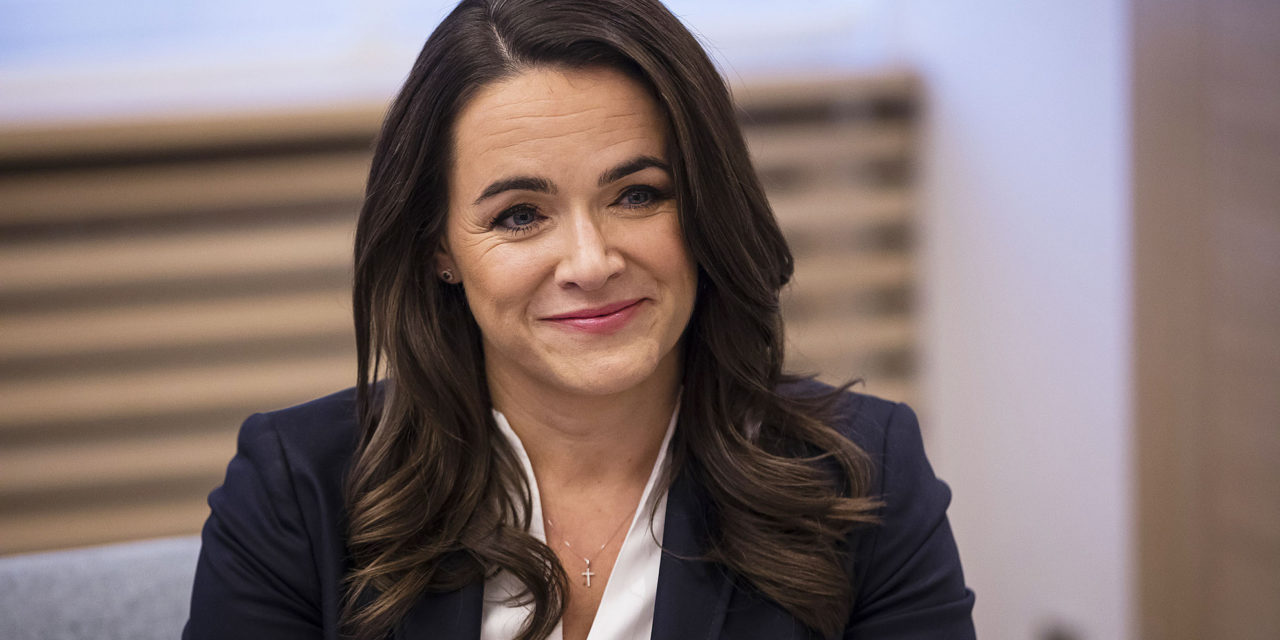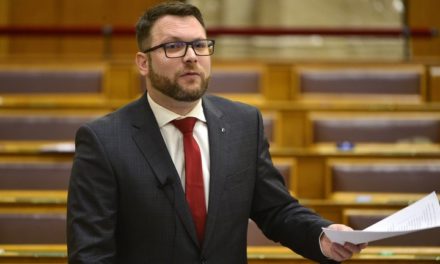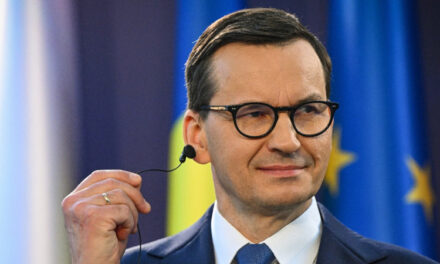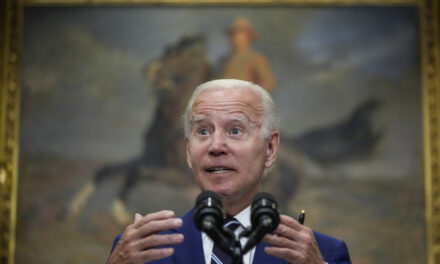Magyar Hírlap conducted an interview with the minister without portfolio responsible for families, on the occasion that, based on Prime Minister Viktor Orbán's proposal, Katalin Novák could become the first woman to become the president of the Republic of Hungary.
- "I will remain who I am," he said in his post accepting the presidential nomination via social media. What kind of head of state do you want to be?
– It is an honor to be Hungary's first female president of the republic, if the parliament will support it. This has a significance far beyond me personally. As a leader in the government for eight years, I have been representing the cause of Hungarian families and children, which, in my opinion, is no more important and decisive issue. On the other hand, I can hold this office as a woman, which happens for the first time in our history, and this imposes a special responsibility on me. Of course, I will be the president of the republic not only of women, but of men, and of the entire Hungarian nation.
– If she is elected, many girls and young women will certainly see her as a role model, proof that it is possible to occupy an important position in public life as a woman, and to break through the glass ceiling. How much of a burden is that? Or rather a task, a responsibility?
– I have the privilege of giving birth to three children, and anyone who has children knows that we are examples for our children to follow in both good and bad things, whether we like it or not. Every day, I experience threefold how much responsibility the model passed on is, and if I extend this to the entire nation, I now feel the same responsibility multiplied. The position of head of state also means that one must behave and represent values that others can follow. I hope to live up to that expectation….
...– Family-friendly Hungary – from minister responsible for families to president of the republic. Will you be able to represent the political issues you have dealt with so far more strongly or less strongly as head of state at the domestic and international level?
- From the first of January, I will no longer hold the position of minister so that I can concentrate on the preparation, but the family policy will definitely be in good hands. In recent years, I have been able to build a capable professional team, and we founded a research institute, KINCS (Mária Kopp Institute for Population and Families). Those who work here will continue to serve the cause of families with all their energy and knowledge. A lot of decisions were made in the last eleven years, of which I was directly responsible for the period from 2014 to now.
When I think about what is expected next year - to give just a few examples: personal income tax exemption for those under the age of twenty-five, the full rollback of the thirteenth monthly pension, the return of social security for families raising children - while everything that we started before continues, I feel , we did quite a bit in proportion to the time. I am sure that the work will be continued with similar vigor by my successor in a hopeful next government. As for the international dimension of the issue, that will definitely be my task. The President of the Republic not only represents the unity of the nation, but also represents the country at the highest level. This will also include the promotion of family-oriented Hungarian thinking.
This is more than a government job. Our country is uniquely rich in family organizations, churches have a prominent role in supporting Hungarian families, and the corporate sector is increasingly committed to supporting families, not to mention the world of science. This clearly shows how many institutions and communities in Hungary focus on the family. At the presidential level, I will represent that the family is a priority issue for our entire nation. A family-friendly Hungary is a goal for which the hearts of most Hungarians beat together, regardless of party affiliation.
– What is the international perception of our family policy? As far as I know, he was in London at the beginning of the month, where he talked to journalists and members of parliament about this.
– One of the results of recent years is that they started to pay attention to us, the news of our family policy has reached almost everywhere.
"What is this due to?"
- They see our good economic and demographic indicators even in international comparisons. The numbers speak for themselves: the number of marriages and the desire to have children have increased the most in our country, while the number of abortions and divorces is decreasing. It seems that we have moved in the right direction. Globally, we spend the most in terms of GDP on family benefits - all this in addition to successful economic results. Moreover, it is also a choice of values, a firm stand in favor of families, the protection of the rights of parents and children. From the outside, they see that they can perhaps learn from us, but it is definitely worth understanding what is going on in Hungary.
This was my experience in London, as well as when I negotiate with my Japanese partners, when they inquire from the Balkan countries, or when I look at the government programs of the Italian right-wing parties, the Poles or the Baltic states. In these it appears, even outright, that the idea and method are taken over from Hungary. So they are not only interested in general, but also take very specific measures and try to implement them.
- In comparison, the left often calls the above subsidies a distribution, especially now, before the elections. In the economic situation burdened by the epidemic, is the government not performing beyond its strength with the new measures introduced?
– The amount spent on families is not an expense, but an investment. Those who run ahead and think long-term have a chance to survive a crisis. He does not believe in austerity, but on the contrary: in "investing" in the economic and human quality of the future. We do the most for this country by investing in unborn Hungarian children, as well as in those parents who would do anything for their children, or those who are already raising children. Next year, we will spend 6.2 percent of GDP on family allowances, which is more than twice as much in terms of GDP, nominally three and a half times as much as ten years ago, a total of HUF 3,600 billion. This clearly shows that we see the future in Hungarian children, and there is no better investment than supporting them...
...– János Pilinszky, in his Christmas article of 1974 entitled "Secrets of our Faith", said that Advent is related to the above idea, "the sanctification of waiting", when we wait for something, we long for something that will surely come. How do they celebrate? Do they have family customs and traditions?
"Yes, there are." One embraces the entire Advent season, and this is spiritual preparation. After all, there is no real Christmas Eve without waiting for Advent. That is why it was important that we were able to attend the Sunday services in our church community. Even on Christmas Eve, we can rejoice in the birth of Christ with our church community. Every year in the family, we also prepare some kind of self-made gift. It's good to see that this is already important to our children, they understand what makes the gift that we spend time on different.
Our little nephews are happy to wear the sweaters I knitted last year, and my colleagues also like the homemade bacon candy. This year we made our own hazelnut cream. For me, family gatherings are of the utmost importance at Christmas, this year we can spend Christmas with my parents, my brother and his family, and we can also meet my husband's parents, in-laws and their children. Ever since I was little, we have celebrated Christmas as a large family, and I am very grateful that we can give this to our children as well. I hope that most families can celebrate Christmas together this year! This is already a gift.
the entire conversation here.
(Cover photo: MTI/Tamás Purger)












